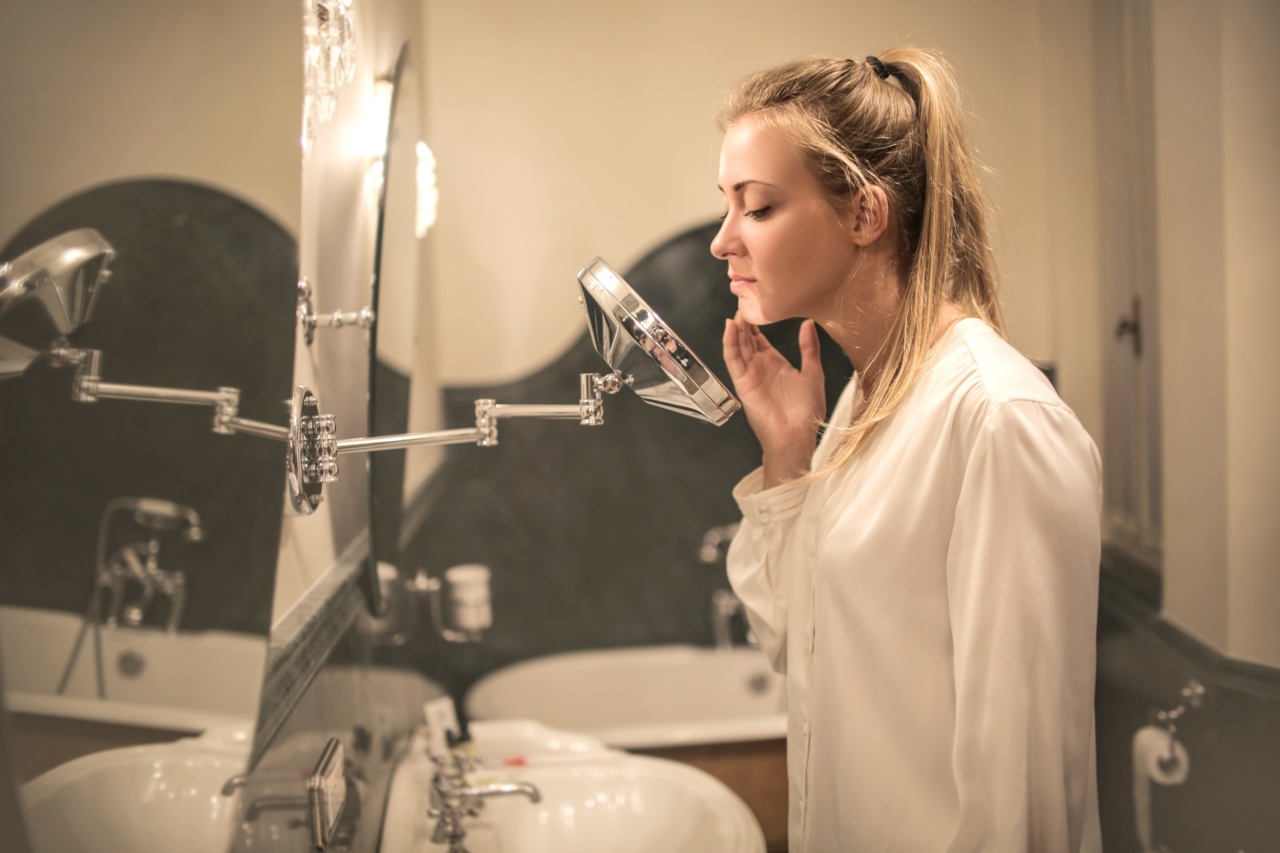Summer can be a challenging season for people with sensitive skin. The sun, heat, and humidity can cause dryness, itching, redness, and even sunburn. However, with a few simple precautions, you can enjoy the summer without compromising your skin health.
Here are some tips on how to protect sensitive skin during summer:.
1. Wear Protective Clothing
The easiest and most effective way to protect your sensitive skin from sun damage is to cover it with clothing. Choose lightweight and loose-fitting clothes that cover your arms and legs, such as cotton, linen, or rayon.
Tight and dark-colored clothes can trap heat and make you feel uncomfortable. Additionally, wear a broad-brimmed hat that shades your face, neck, and ears, and sunglasses that block UV rays.
2. Use Sunscreen
If you have to expose your skin to the sun, use a sunscreen that is specifically formulated for sensitive skin and has a high SPF rating (at least 30).
Look for physical sunscreens that contain zinc oxide or titanium dioxide, which act as a physical barrier between your skin and the sun’s rays and are less likely to cause irritation or allergy than chemical sunscreens. Apply the sunscreen generously and reapply every two hours or after swimming or sweating.
3. Moisturize Regularly
Sun, saltwater, and air conditioning can make your skin lose moisture and become dry and itchy.
Therefore, it’s crucial to moisturize your skin regularly with a fragrance-free, hypoallergenic, and non-comedogenic moisturizer that seals in hydration and prevents evaporation. Apply the moisturizer immediately after showering or bathing when your skin is still damp and pat dry with a soft towel.
4. Take Cool Showers
Hot showers can strip your skin of natural oils and exacerbate dryness and itching. Therefore, it’s a good idea to take cool or lukewarm showers or baths during summer, especially after being in the sun or chlorine water.
Use mild and unscented soap that cleanses your skin without over-drying it, and pat your skin dry with a towel instead of rubbing it.
5. Avoid Harsh Chemicals
Certain chemicals found in skincare and haircare products can irritate your sensitive skin and make it more susceptible to sun damage.
Avoid products that contain fragrances, alcohol, sulfates, dyes, or preservatives, as they can trigger allergic reactions, inflammation, or acne. Instead, opt for natural and organic products that are gentle and nourishing.
6. Stay Hydrated
Drinking plenty of water is essential for your overall health and your skin’s health. Water helps to flush out toxins, regulate body temperature, and keep your skin hydrated and plump.
Aim to drink at least eight glasses of water per day, and more if you are spending time outdoors or exercising.
7. Avoid Peak Sun Hours
The sun’s rays are strongest and most dangerous between 10 am and 4 pm, so try to avoid exposure during these hours, or seek shade when possible.
If you have to be outside, plan your activities early in the morning or late in the afternoon, and take breaks in cool and shaded areas to prevent overheating.
8. Be Careful with Chlorine
Chlorine is a common disinfectant in swimming pools, but it can also irritate your skin and cause rashes, itching, and eczema.
If you have sensitive skin, it’s best to avoid prolonged exposure to chlorinated water, or wear a rash guard or wetsuit that covers your skin. After swimming, rinse off with fresh water, and apply moisturizer to your skin to prevent dryness.
9. Monitor Your Medications
If you are taking medications that make your skin more sensitive to the sun, such as antibiotics, acne treatments, or birth control pills, be extra careful when exposing your skin to sunlight.
Consult your doctor or pharmacist for advice on how to protect your skin and whether it’s safe to continue using the medications during summer.
10. Listen to Your Skin
Lastly, listen to your skin and pay attention to any changes or reactions. If you notice itching, redness, swelling, or any other unusual symptoms, stop the activity that triggered them and seek medical advice if necessary.
Don’t ignore the signals of your body, as they can help you prevent further damage and keep your skin healthy and happy.






























